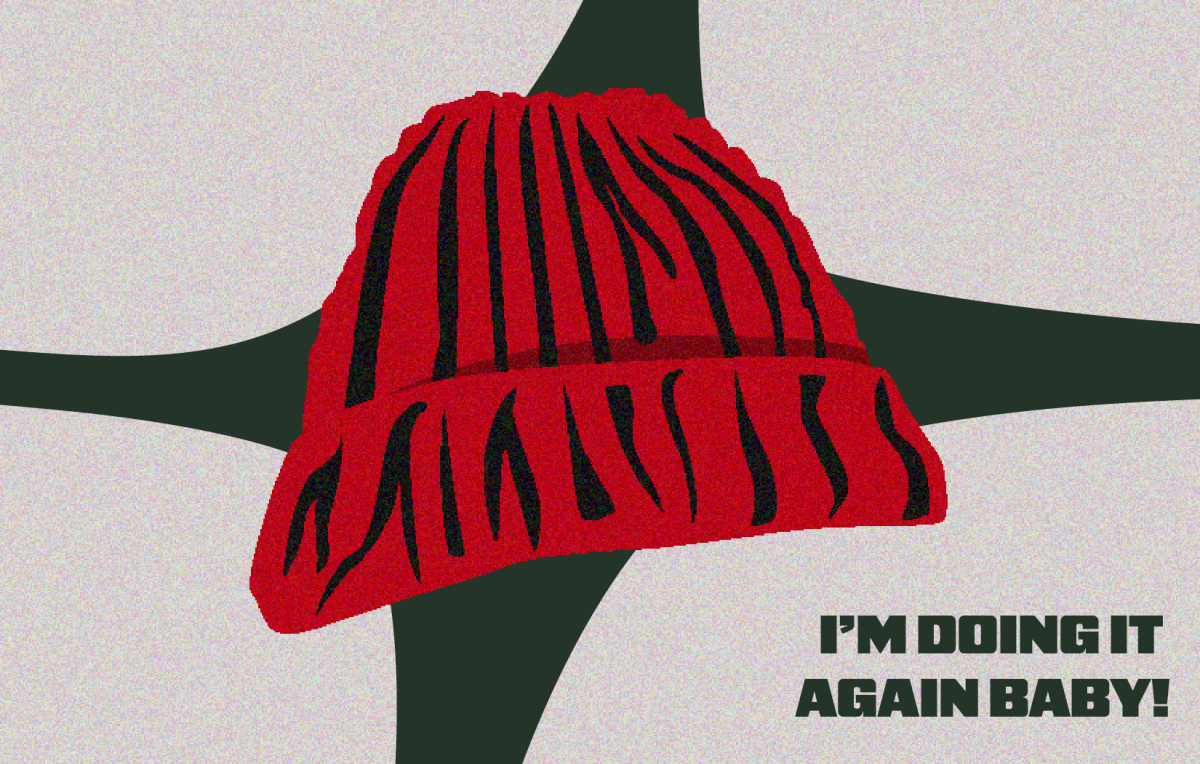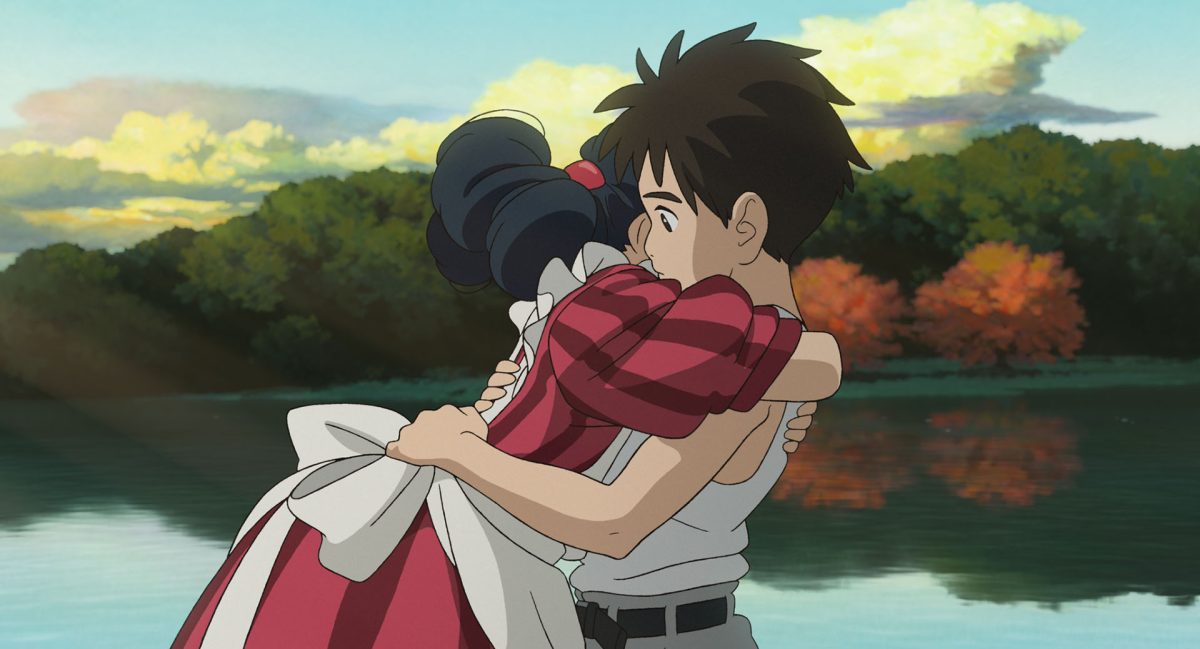As part of Black Awareness Month, the ASUU Presenter’s Office hosted a screening of the film “Hotel Rwanda” followed by a lecture by Paul Rusesabagina.
Rusesabagina, whose experience and heroic actions during the Rwandan genocide in 1994 are depicted in the 2004 Oscar-nominated film, related his experiences in Rwanda in the Union Ballroom on Feb. 3.
From April to July of 1994, close to 1 million people were killed in Rwanda, with no international intervention or aid.
“The international community abandoned all of us,” Rusesabagina said.
As a hotel manager in the capital, Kigali, during the four months of slaughter, Rusesabagina risked his own life to save 1,268 refugees who took shelter in the Mille Collines Hotel.
After describing his experiences in Rwanda, Rusesabagina notified his audience of what he had seen on recent visits to other countries, specifically Darfur in Sudan.
Rusesabagina said that one hundred thousand people have already died and 2 million are displaced, and that it is exactly what he saw in Rwanda. Rusesabagina said it is “a shame to mankind, to all of us.”
Rusesabagina stressed his disappointment in the powerful Western countries that have failed to act.
“How long shall we keep on lying, not putting actions to words?” he asked.
Rusesabagina described how university students can help in what is happening around the world, and keep atrocities like Rwanda from happening again.
“Fight with words, they are the best weapons,” he said.
A recipient of the Immortal Chaplains Prize for Humanity and the 2005 Presidential Medal of Freedom, Rusesabagina described his experience as it differed from the motion picture.
“[‘Hotel Rwanda’] was made light for an audience to come sit down and go out with a message,” he said, describing the horrors he experienced that were not shown in the film.
While Rusesabagina, his family and 26 other people evacuated their homes in the company of soldiers, he saw the mutilated bodies of his neighbors, some headless and gutted, lying on the street.
Before they had reached their destination of the Mille Collines, a hotel where Rusesabagina used to work, the soldiers put a gun to his head and told him to kill the “cockroaches” that were with him.
Though the movie shows this moment resolved in two minutes, Rusesabagina spent two hours negotiating with the soldiers on the lives of his family and neighbors for money he would give them when they reached the hotel.
“One of the biggest problems was the dehumanization of human beings before killing them, so that killing them is not a crime,” he said. “It is all right to kill a cockroach.”
Rusesabagina was finally able to safely transport everyone to the Mille Collines.
On April 15, three days after they had arrived, the last of the help Rwanda would receive for four months evacuated the country, leaving Rusesabagina to negotiate the lives of the refugees numerous times with the Hutu militia.
Each day had its troubles, Rusesabagina said. The electricity and water were cut off, they began to run out of food, and life became hard.
“We [found] ourselves in pure darkness,” he said.
In May, arrangements were made for some of the refugees to evacuate the country, including Rusesabagina and his family.
Realizing that without him the rest of the refugees would die, the hotel manager remained at the Mille Collines.
“The toughest decision of my life was when I decided to stay behind and save my wife and children,” he said.
The trucks carrying the refugees and Rusesabagina’s family were stopped by militia roadblocks before they reached safety, however, and everyone inside, including Rusesabagina’s wife and children, were beaten nearly to death and forced to turn back.
Finally, on June 18, after the Hutu militia began killing people in a church 500 meters away from the hotel, all 1,268 refugees at the Mille Collines were evacuated to the rebel side in safety, thanks to pleas to the army made by Rusesabagina.
The film and Rusesabagina’s words left students and community members better educated on the international situations of the past and present.
“We thought this would be a good way to raise awareness of things that have happened in the past and that are happening now,” said Kathie Cameron, chairwoman of the film board in the Presenter’s Office.
Many audience members took Rusesabagina’s challenge to act seriously.
“It bothers me that things like that have been happening in the world and the western powers turn a blind eye. Almost 1 million people dead is an immeasurable number,” said Austin Stokes, a Tooele resident. “We need to protest, give the general public a better understanding of what’s going on by connecting and relating it to them. Sept. 11 is not even a drop of what these African countries lose every day.”
Nellene Howard, a staff member at the U said, “Watching ‘Hotel Rwanda’ was the first time I became aware of what was going on. You wonder if you can make an impact on what’s going on around you, but educating yourself is the first step.”











